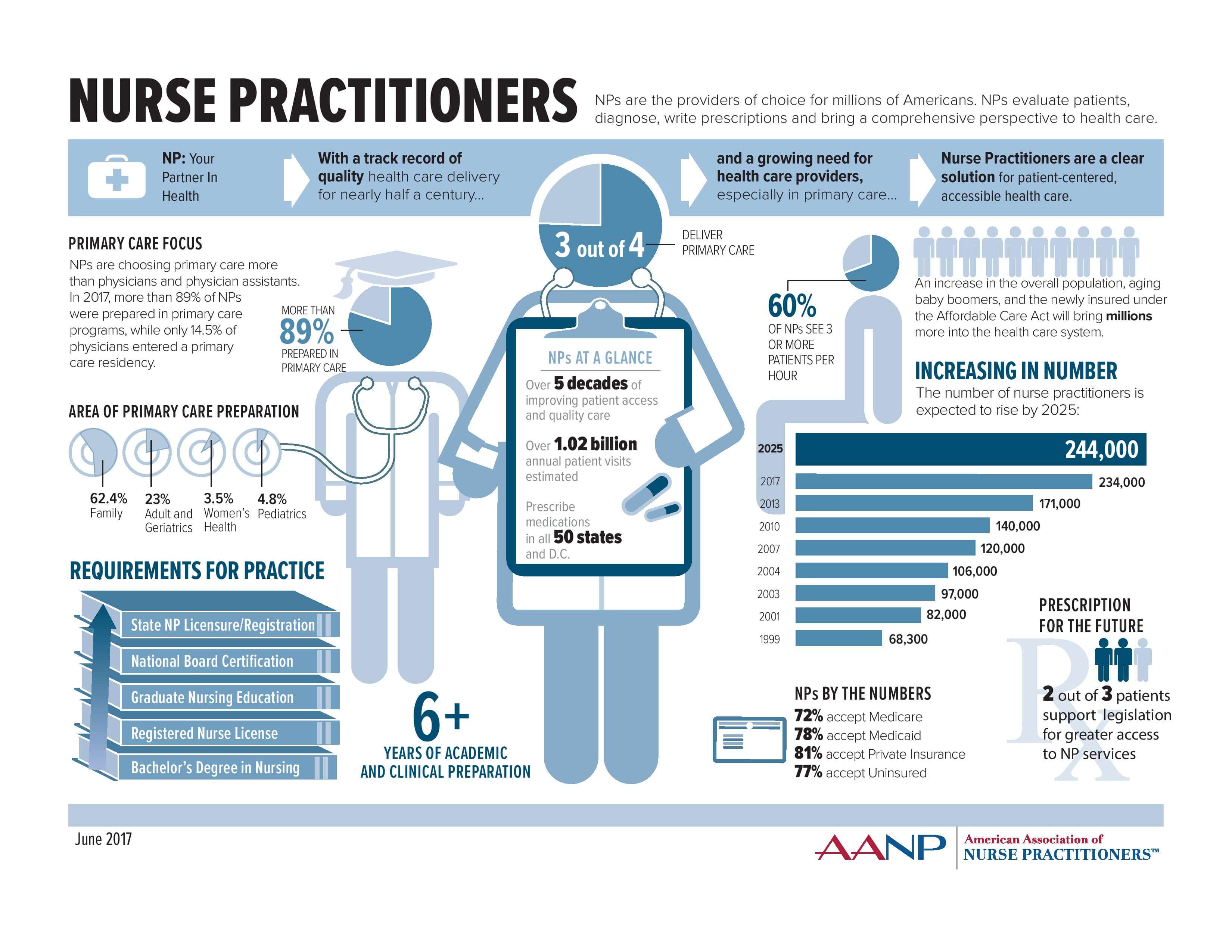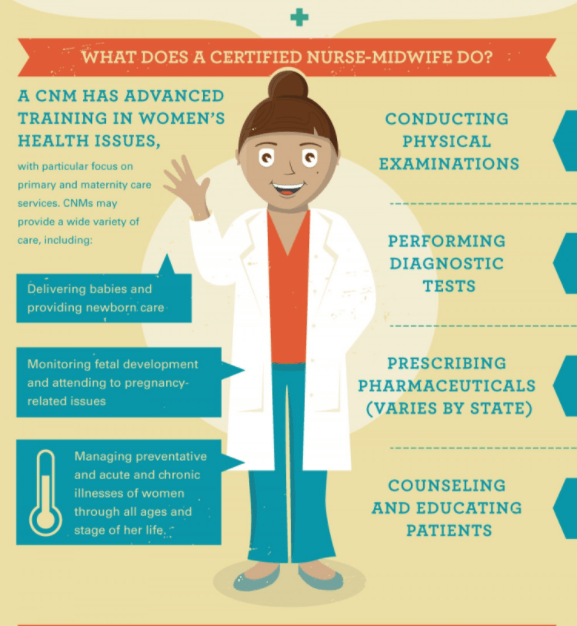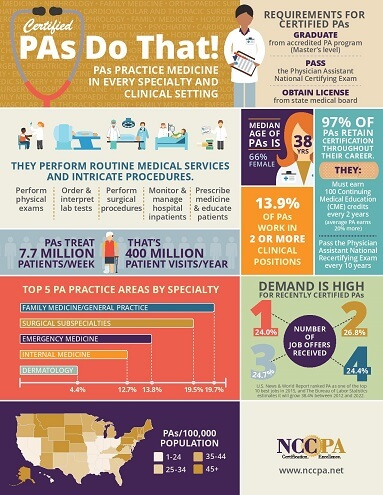Objectives
- Briefly describe the education and the role of NPs, midwives, and PAs.
- Summarize the history of the provision of abortion care by these clinicians.
- Supply evidence of the safety of abortion care provided by NPs, midwives, and PAs.
- Acknowledge the barriers these clinicians face in providing abortion care.
NPs, Midwives, and PAs: Critical Players in the Health Care System
Although access to quality health care services is not a new problem, the national debate about how best to reform the health care system has highlighted the gaps in the health care workforce. There is a growing understanding1 of the role played by NPs, midwives, and PAs, particularly in the provision of primary and preventive care.2 3
As primary care providers for patients, NPs, midwives, and PAs can be part of the solution to increase community access to early abortion and post-abortion contraceptive care.4
The marginalization and separation of reproductive health services, including abortion, from other health care services interferes with continuity of care and disrupts the protective effect of primary care.
The skills used in early aspiration abortion are also necessary tools for safely managing other causes of early pregnancy loss, common conditions that affect the health status of a significant proportion of patients during their reproductive years.
NPs, Midwives, and PAs: Training and Clinical Roles
A nurse practitioner (NP) is an advanced practice registered nurse who has advanced education and extensive clinical training. NPs evaluate patients, diagnose, write prescriptions, manage patient care for many acute and chronic illnesses, and provide preventive care. NPs are independently licensed, and work collaboratively with other health care professionals. There are more than 234,000 NPs licensed in the United States.5
Certified Nurse-Midwife/Certified Midwife
Certified Nurse-Midwives (CNMs) are educated in two disciplines: midwifery and nursing. They earn graduate degrees, complete a midwifery education program accredited by the Accreditation Commission for Midwifery Education (ACME), and pass a national certification examination administered by the American Midwifery Certification Board (AMCB). Certified Midwives (CMs) are educated in the discipline of midwifery. They earn graduate degrees, meet health and science education requirements, complete a midwifery education program accredited by ACME, and pass the same national certification examination as CNMs to receive the professional designation of CM. CNMs have prescriptive authority in some form in all states. The vast majority of midwives in the U.S. are CNMs. As of May 2015, there were over 11,000 CNMs and 97 CMs. While midwives are well-known for attending births, 53.3% of CNMs/CMs identify reproductive care and 33.1% identify primary care as main responsibilities in their full-time positions.6 Examples include annual exams, writing prescriptions, basic nutrition counseling, parenting education, patient education, and reproductive health visits.
Physician Assistant
A physician assistant (PAs) is a nationally certified and state-licensed medical professional. PAs practice medicine on health care teams with physicians and other providers, providing services that range from primary care to very specialized surgical services. There are more than 115,500 certified PAs in the U.S.7.
- Jones RK and Jerman J, Abortion incidence and service availability in the United States, 2014, Perspectives in Sexual and Reproductive Health, 2017, 49(1):17-27. ↵
- National Association of Community Health Centers, Expanding access to primary care: the role of Nurse Practitioners, Physician Assistants, and Certified Nurse Midwives in the health center workforce, 2013, Fact Sheet. ↵
- American Public Health Association. Provision of Abortion Care by Advanced Practice Nurses and Physician Assistants. 2011. https://www.apha.org/policies-and-advocacy/public-health-policy-statements/policy-database/2014/07/28/16/00/provision-of-abortion-care-by-advanced-practice-nurses-and-physician-assistants ↵
- Renner, R.M., D. Brahmi, and N. Kapp, Who can provide effective and safe termination of pregnancy care? A systematic review*. BJOG, 2013. 120(1): p. 23-31. ↵
- AANP National Practitioner Database, 2017. ↵
- American College of Nurse Midwives, Essential facts about Midwives, 2016. ↵
- American Association of Physician Assistants, 2017 ↵



